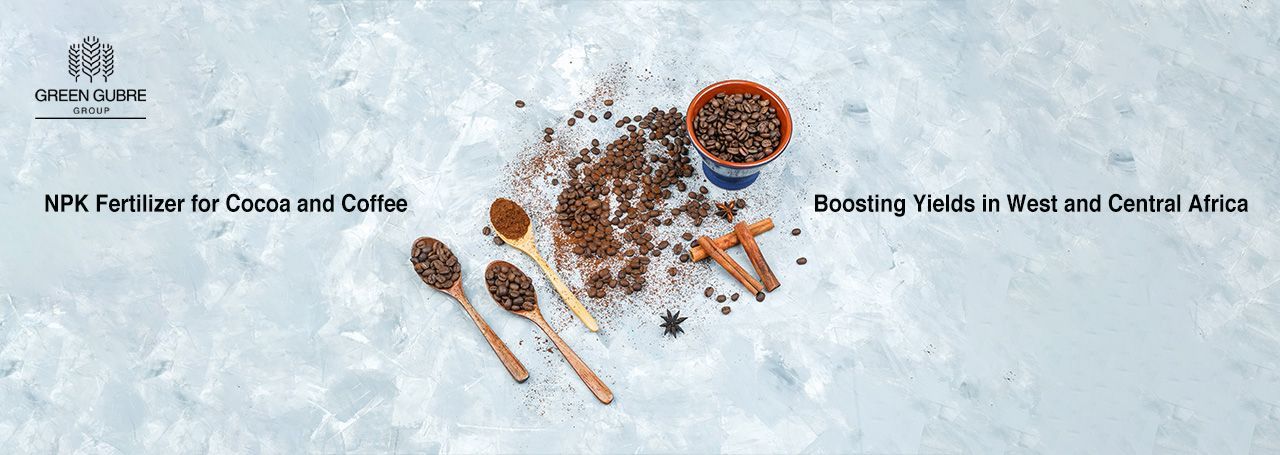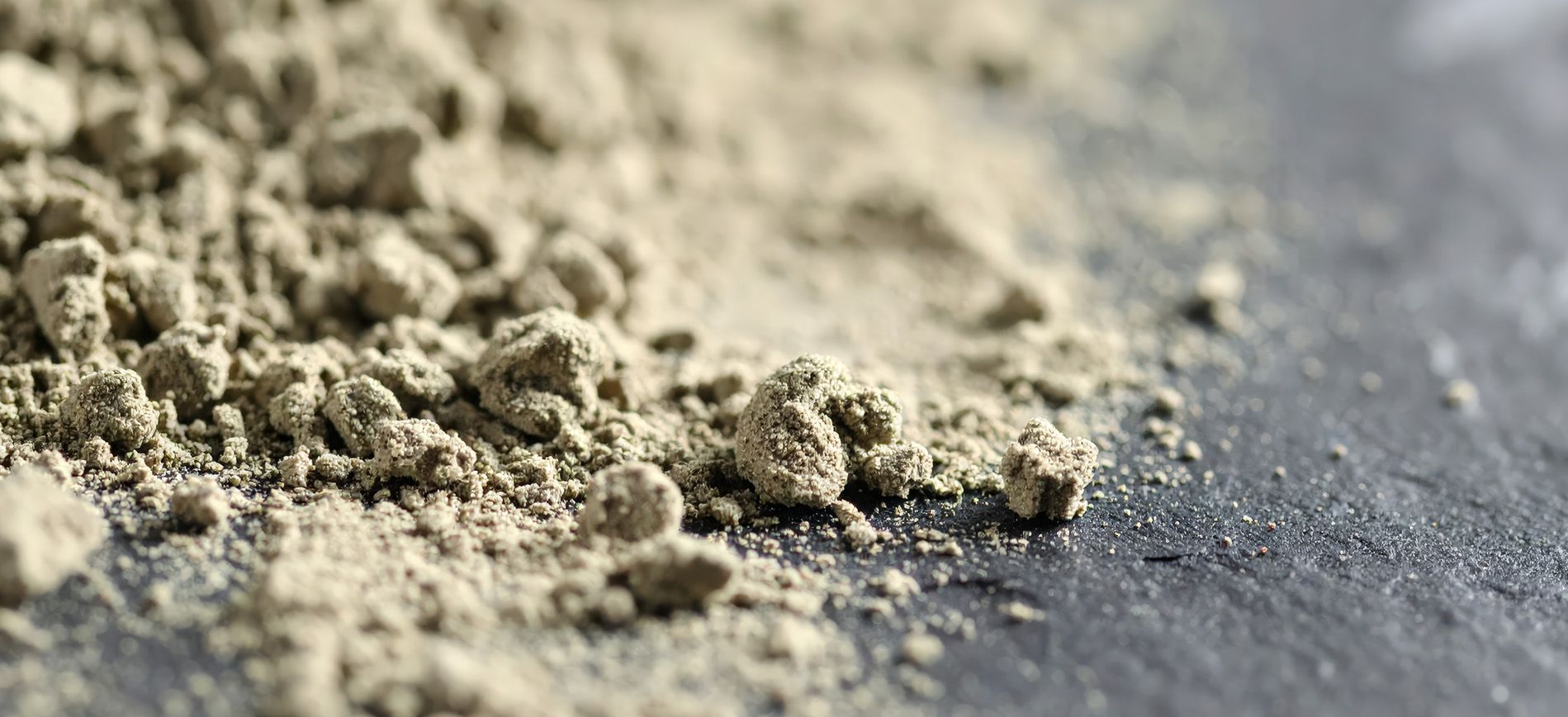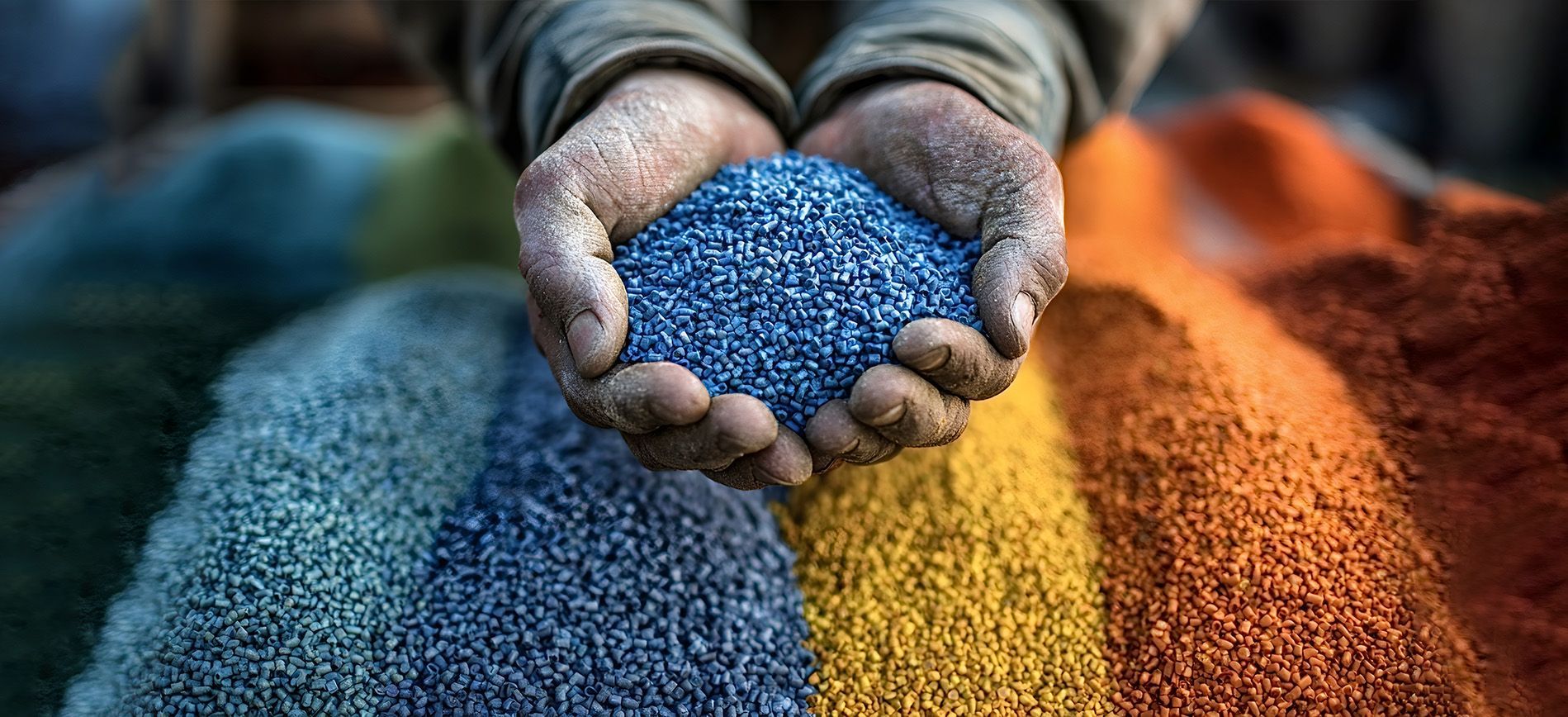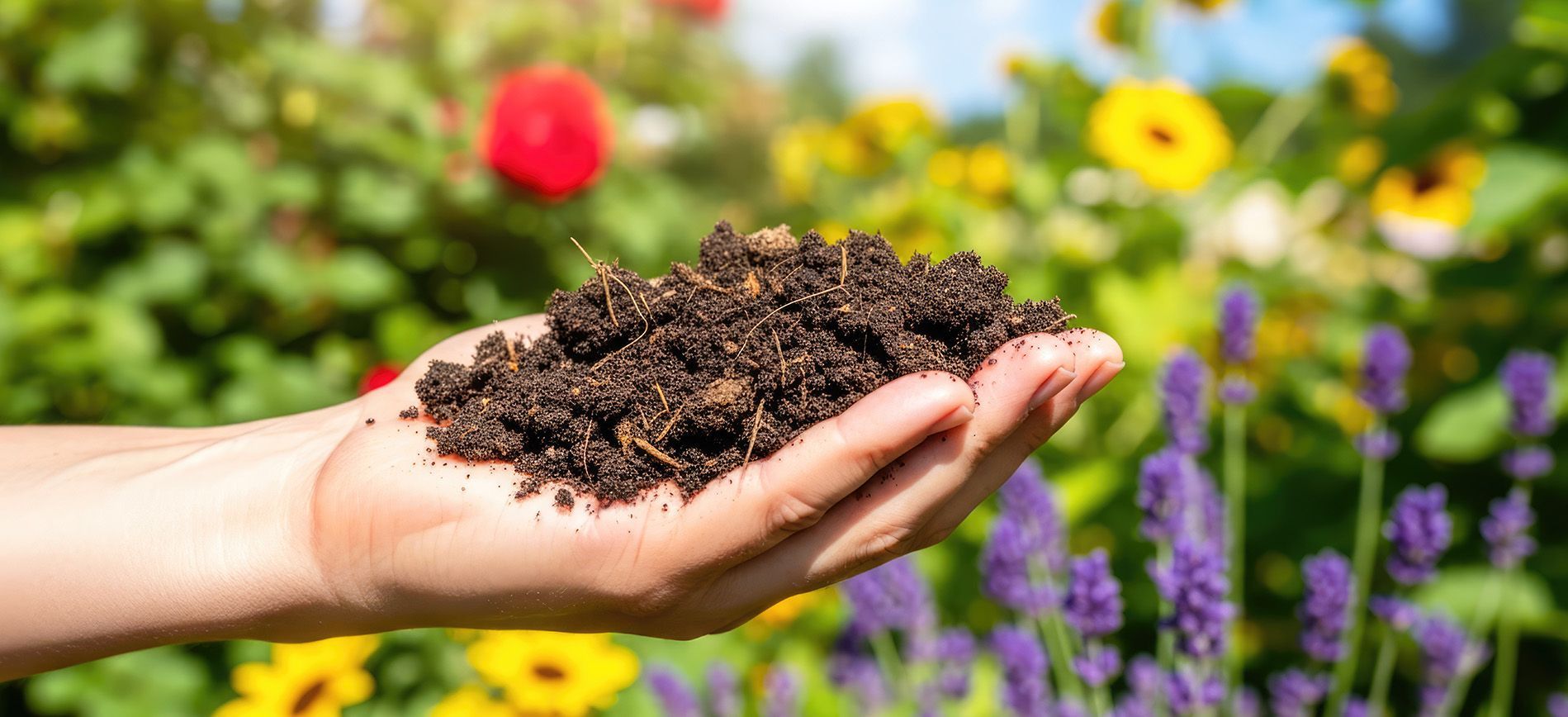NPK Fertilizer for Cocoa and Coffee – Boosting Yields in West and Central Africa
NPK Fertilizer for Cocoa and Coffee – Boosting Yields in West and Central Africa

Crop Nutrition for Africa’s Export Powerhouses
Cocoa and coffee, the economic lifeblood of West and Central Africa, have significant growth and improvement potential. Countries like Ghana, Côte d’Ivoire, and Cameroon, among the world’s top producers, supply over 70% of global cocoa and significant quantities of robusta and arabica coffee. However, yields in these countries remain below their agronomic potential due to nutrient-depleted soils, poor fertilizer access, and inadequate crop-specific blends.
As the global demand for sustainably sourced cocoa and coffee grows, fertilization must be critical. This blog explores the role of tailored nutrient strategies in boosting yields, farmer income, and long-term soil health. This blog will teach you how to make informed decisions about your farming practices.
1. Cocoa and Coffee Nutrition: Why NPK Matters
Cocoa and coffee trees are perennial crops with long growing cycles and high nutrient demands. Their productivity depends on carefully balancing primary nutrients (N, P, K), secondary, and micronutrients.
| Nutrient | Role in Cocoa & Coffee |
|---|---|
| Nitrogen (N) | Promotes vegetative growth and canopy development |
| Phosphorus (P) | Supports root development and early flowering |
| Potassium (K) | Enhances bean filling, disease resistance, and drought tolerance |
Micronutrients like magnesium, boron, and zinc are vital in optimizing plant physiology and bean quality.
2. Regional Challenges in Fertilizer Use
Despite the need, fertilizer application rates in cocoa and coffee farming across West Africa remain very low, often under 15 kg/ha, compared to global recommendations of 100–150 kg/ha. Key barriers include:
- Limited access to crop-specific NPK blends
- High cost and lack of subsidies for specialty fertilizers
- Poor extension services and soil testing infrastructure
- Inadequate transport and storage in rural zones
As a result, trees often face
multi-nutrient deficiencies, leading to low bean yield and poor resilience to climate stress.
3. Country Spotlights: Growing Fertilizer Demand
🇬🇭 Ghana
The Ghana Cocoa Board (COCOBOD) has launched targeted fertilizer distribution programs and soil mapping initiatives. The focus is on promoting NPK blends such as NPK 0:23:19 enriched with boron and sulfur for cocoa orchards.
🇨🇮 Côte d’Ivoire
As the world’s largest cocoa exporter, Côte d’Ivoire is moving toward precision agriculture and public-private fertilizer partnerships. Demand for K-enriched NPK products has surged, especially in cocoa replanting programs.
🇨🇲 Cameroon
Coffee sector revitalization programs are investing in regional fertilizer blending plants to serve Arabica and Robusta growers. High-potential areas include the West and Northwest regions, where balanced NPK 12:12:17 + Mg + B is recommended.
4. Recommended NPK Blends for Cocoa & Coffee
| Crop | Suggested NPK Blend | Additives | Application Timing |
|---|---|---|---|
| Cocoa | 0:23:19 + B + S | Boron, Sulfur | Start of rainy season |
| Coffee | 15:15:15 or 12:12:17 | Magnesium, Boron | Split across the flowering phase |
Blends can be locally customized based on soil test results, improving nutrient use efficiency and minimizing over-application.
5. Green Gubre Group: Supporting Cocoa & Coffee Growth
At Green Gubre Group, we are proud to contribute to Africa’s specialty crop development through:
✅ Crop-Specific NPK Blends: Formulated for cocoa, coffee, and tree crops with micronutrient enrichment
✅ Flexible Packaging: Bulk and bagged options for cooperatives, traders, and farmer groups
✅ Regional Sourcing & Delivery: From blending hubs in Africa, Turkey, and Asia
✅ Advisory Support: On the best application timing and dosage via agronomic consultants
We help governments, agri-businesses, and exporters ensure fertilizer supply aligns with
yield goals,
climate resilience, and
market expectations.




